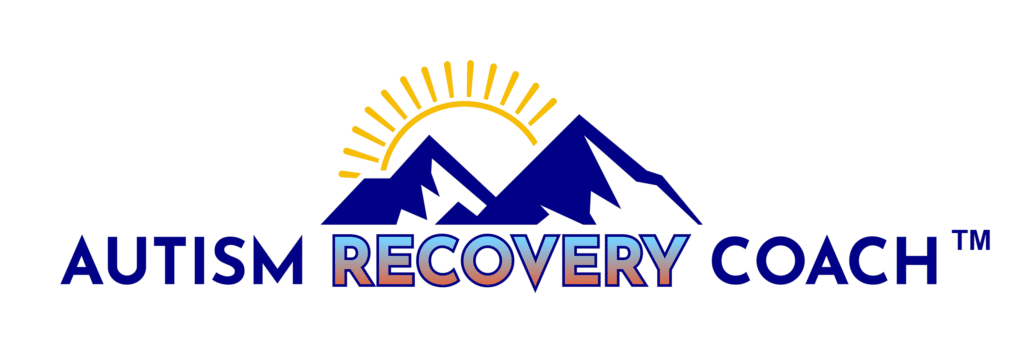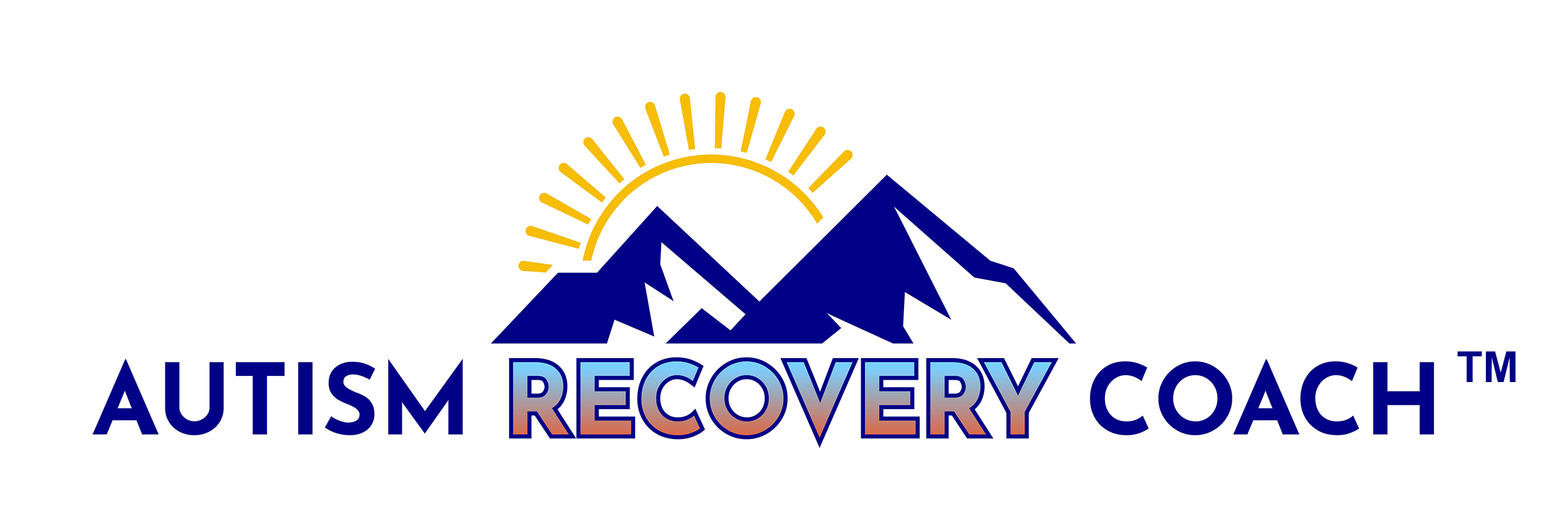Living with Autism comes with its unique set of challenges, and one aspect that many individuals and families grapple with is emotional outbursts. This blog post will cover the triggers and offer practical strategies for managing these emotional storms. Let’s unravel the mysteries of Emotional outbursts in Autism, paving the way for better understanding and support.

Understanding the Triggers and Strategies for Managing Emotional Outbursts in Autism
Various factors can trigger emotional outbursts in Autism. Recognizing these triggers is crucial for effective management. Sensory overload, changes in routine, communication difficulties, and unmet needs are common triggers. Each individual’s triggers may differ, necessitating a personalized approach to understanding and addressing them.
Navigating Sensory Overload
Sensory overload is a common trigger for emotional outbursts in individuals with Autism. Bright lights, loud noises, and strong smells can overwhelm their sensory systems. Autism specialist consultants emphasize creating sensory-friendly environments to mitigate this trigger. Simple adjustments like soft lighting and noise-canceling headphones can make a significant difference.
Managing Routine Changes
For many individuals with Autism, routine provides stability and predictability. Unexpected changes can lead to heightened anxiety and meltdowns. Autism consulting often involves creating visual schedules and gradually introducing changes to help individuals adapt. Predictability fosters a sense of control, reducing the likelihood of emotional outbursts.
Communication Challenges
Communication difficulties are another significant trigger for emotional outbursts. Individuals with Autism may struggle to express their needs and emotions verbally. To address this, autism specialist consultants emphasize using alternative communication methods, such as visual supports and social stories. These tools empower individuals to communicate effectively, reducing frustration and meltdowns.
Meeting Unmet Needs
Meltdowns can also occur when basic needs go unmet. Paying attention to hunger, fatigue, or discomfort is essential, as these can amplify emotional vulnerability. Treatments for autism often involve teaching individuals to self-advocate for their needs and caregivers to address them, fostering emotional well-being proactively.
Strategies for Managing Meltdowns
Equipping individuals with Autism and their caregivers with effective strategies is paramount in managing emotional outbursts. Autism consulting focuses on building emotional regulation skills through targeted interventions.
Biomedical Treatments: A Synergistic Approach
Understanding Emotional outbursts in Autism is the first step towards creating a supportive environment. By integrating practical strategies and exploring the benefits of biomedical treatments, individuals with Autism can thrive, and their families can find a path toward a more harmonious and fulfilling life.
Connecting biomedical treatments to each aspect of emotional regulation is crucial for comprehensive support. Christopher Soppet, an Autism Recovery Coach, advocates for integrating Autism biomedical treatments to synergize and promote development in sensory processing, adaptability to routine changes, enhanced communication, and meeting unmet needs.
Christopher invites families to explore the possibilities of comprehensive autism recovery, incorporating biomedical treatments and ASD coaching for children and adults. Contact Autism Recovery Coach today for a tailored path toward holistic support and development.



